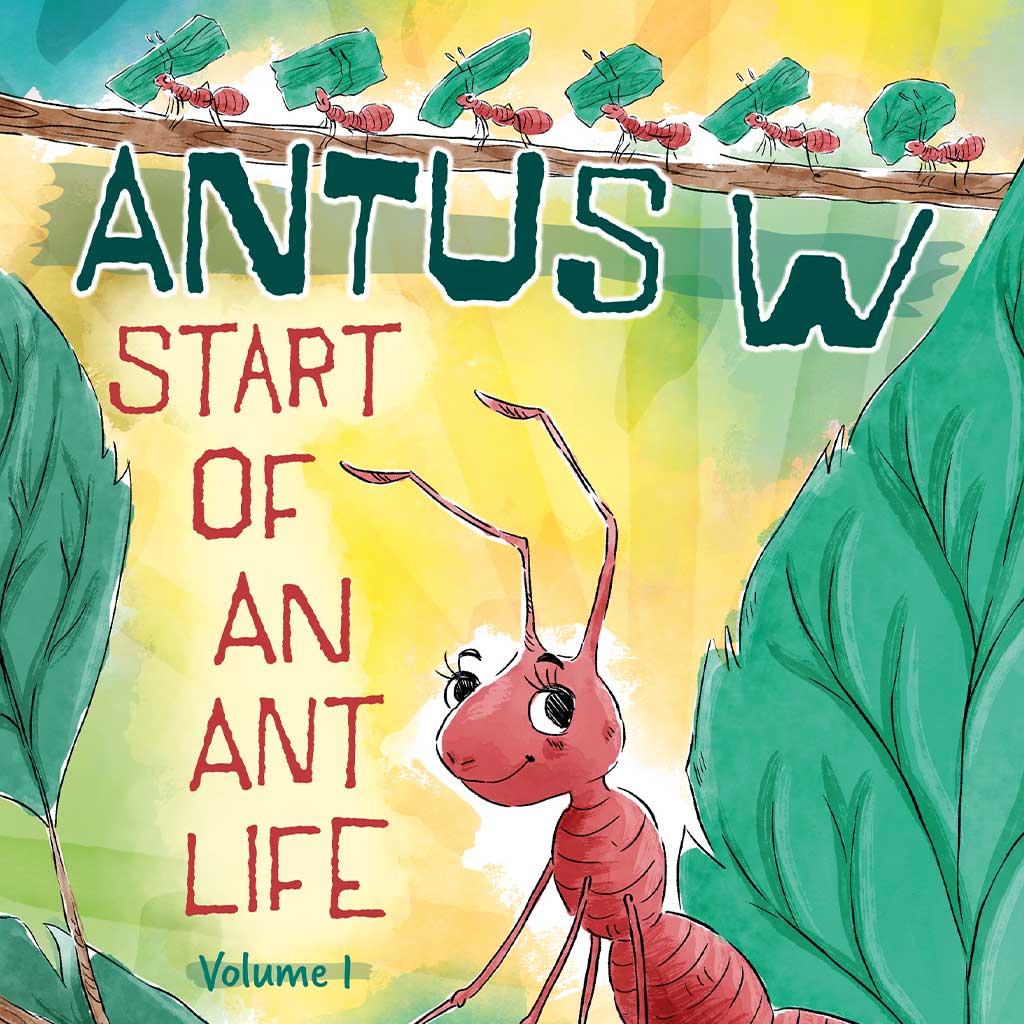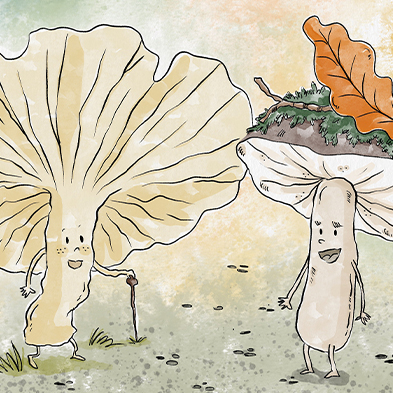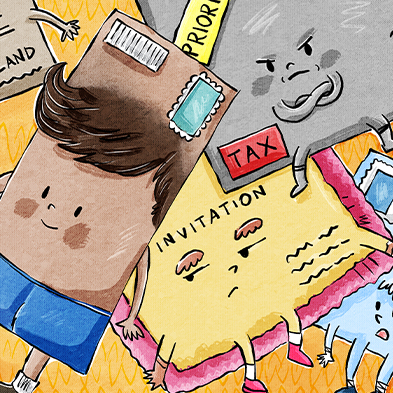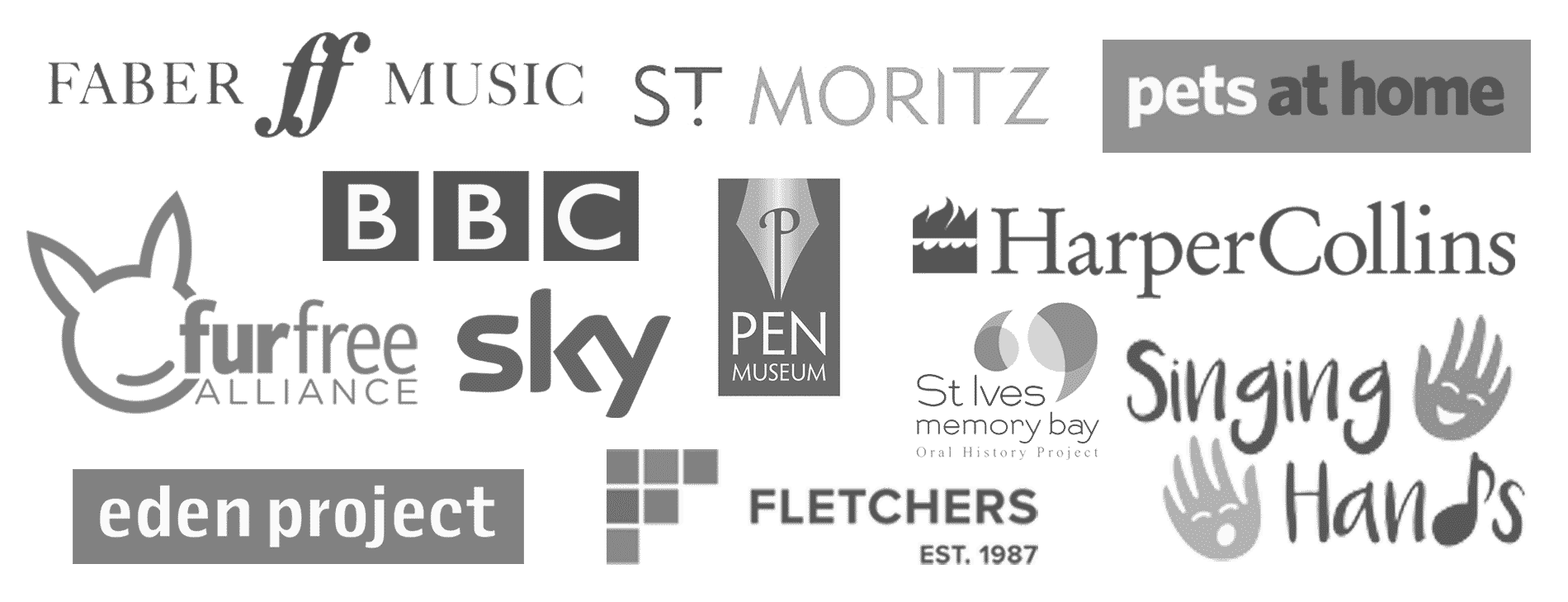Life With a Mutt
There are many, many reasons why owning a dog is an amazing adventure. With a dog, you have a loyal companion. This works both ways, because you become the loyal companion for your pooch as well. Dogs have the ability to cheer us up, and they can help us to get outside and enjoy some exercise. Studies demonstrate that children who interact with animals have higher levels of self esteem, have greater empathy and better social skills. It’s actually been found that kids in England exercised on average 11 minutes a day more than other children who don’t have a dog, which can be incredibly beneficial to children. Also, children with early contact with cats and dogs are healthier and have fewer respiratory infections and ear infections than children who don’t have contact with family pets.
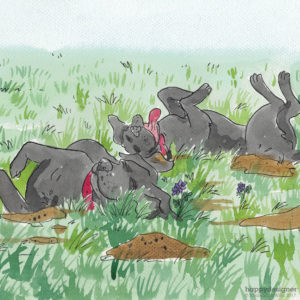
But did you know dogs are also really good for you and your child’s learning? Experts say a child’s physical, social, emotional and cognitive development can all be encouraged by interaction with the family pet. Because playing with a dog or another family pet can bring a child out of themselves, it can be the best thing for a shy child, or a child who struggles with interactions. Children are also more prone to approach and interact with another child who is playing with an animal, so it can be a great way to break the ice between children. It’s also a great excuse to have a birthday party that involves your mutt! What can be more fun than playing in the garden with your kids, their friends and a puppy?
Interacting with pets
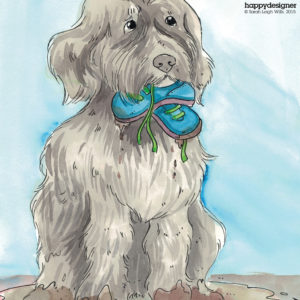 Children will often confide in a pet, and let out emotions and problems that may be hard to communicate to an adult. A school in Suffolk is currently employing the headteacher’s dog to help children with anxieties, so if you notice a child is worrying about something see if you can get them to open up to their pet. This interaction can help a child feel as though they have released their anger, or their upset, or fear without having to tell an adult how they’re feeling. Talking to animals can give children a huge amount of emotional support, and they often talk to animals in a way they would not talk to humans. Children also will perform tasks or actions in front of their pet that they would normally not do in front of humans for fear of feeling silly or being embarrassed.
Children will often confide in a pet, and let out emotions and problems that may be hard to communicate to an adult. A school in Suffolk is currently employing the headteacher’s dog to help children with anxieties, so if you notice a child is worrying about something see if you can get them to open up to their pet. This interaction can help a child feel as though they have released their anger, or their upset, or fear without having to tell an adult how they’re feeling. Talking to animals can give children a huge amount of emotional support, and they often talk to animals in a way they would not talk to humans. Children also will perform tasks or actions in front of their pet that they would normally not do in front of humans for fear of feeling silly or being embarrassed.
“Reading is such an important skill that is used in every part of our lives, but it can be a scary and intimidating experience when you are young.”
Zoe Wanamaker CBE, Actress and Bark & Read supporter.
If a child builds up their confidence with a pet there’s no reason why in the future that child may come out of themselves with you, or another human in their life. Perhaps you can encourage your child to write and perform a short play with their pet that you can record and watch together later, if the child feels comfortable with that. Dogs are also great listeners, so maybe you can take a leaf out of some schools’ books and get your child to read to your dog! A lovely charity based in Devon, Dogs Helping Kids, is set up for this purpose. Their “School Dogs” are divided into four different groups: visiting, attending, educational and support. The “attending” dogs are in “attendance” at the same school most days. They will normally be owned by a member of the school staff or the head teacher. They will be an integral part of the school teaching team and will be highly valued by the school and the children. The “support” school dogs help with teenagers who have anxieties and sad days. These are really important pooches, as teenagers can sometimes be more in need than younger children.

Bark & Read
There’s also the fab “Bark & Read” foundation set up by the Kennel Club. The Bark & Read Foundation has been set up to support and promote the amazing work of charities that take dogs into schools as reading volunteers to help tackle the UK’s literacy problems. Funded by the Kennel Club Charitable Trust, the Bark & Read Foundation is working with Pets As Therapy, through their Read 2 Dogs project, and also with Reading Education Assistance Dogs (R.E.A.D); Dogs Helping Kids (DHK); Caring Canines; the Google Literacy Project, and Building Understanding of Dogs (BUD). These charities are operating in schools around the country, helping children to read with their specially trained support dogs. Reading to dogs instead of a teacher or grown-up has been proven to help children with their literacy, as they don’t feel the dog is going to notice if they get it wrong.
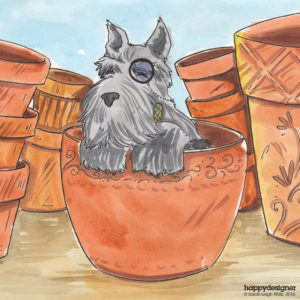
They also might feel a little silly reading aloud, or putting character voices on, but dogs don’t mind that! They will listen carefully and be ready for a pat or a stroke whenever the child trips up over a new word. Zoe Wanamaker CBE, the actress and Bark & Read Supporter, said: “The concept makes reading time fun and helps to develop children’s self esteem and passion for reading while they’re still finding their voice. If children aren’t inspired to read then they will just turn to their Playstations and Xboxes instead.”
So it’s time to celebrate the humble mutt, or whichever kind of dog or pet you have! Read to them, cuddle them, play with them, and most importantly, make sure you share them with the kids too!

